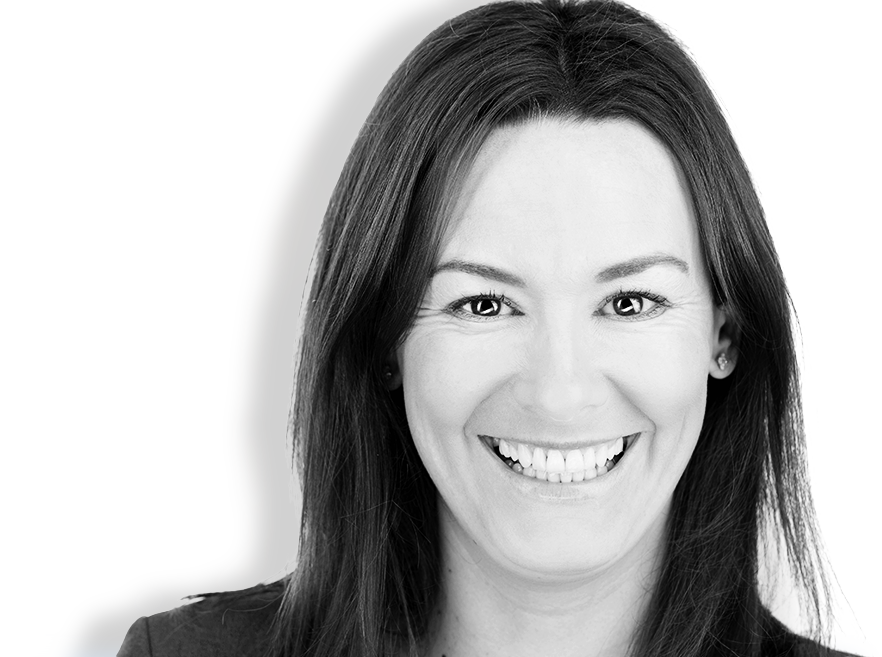To most, tax in itself is a specialist and niche career, regardless of what area of tax you work in. For those within the tax profession, we know there be can specialist roles within tax or more generalist roles.
Transfer pricing, VAT, global mobility, financial services, customs and R&D are some of the specialist areas in tax. There’s also the industry specific roles, if you work in practice and concentrate on a particular industry sector of clients. Then there’s the tax technology area which is becoming a very specialist field within tax and consulting.
Is it wise to specialise in an area of tax? If you do specialise, is there a particular time in your career to do so? Are some specialist areas better than others? Here Kate Flanagan, Partner with Barden and expert in tax and treasury careers, explores some of these questions…
Should I specialise in an area of tax?
If you decide to specialise in an area of tax you will become an expert in your field with a deep technical knowledge of your given area. This can make you very valuable. Specialists will always be in demand.
All good so far, right? Yes but a couple of things to bear in mind. There is a risk your experience will become too pigeon holed and you could be “stuck” in a particular firm/industry. However ensuring you work in a firm with a diverse client portfolio or a company with diverse goods/services will ensure this specialism will continue to evolve and stay relevant in the world of tax. Also, to stay and be good in your specialism, you need to genuinely enjoy it and have an interest, otherwise it will bore or frustrate you.
What is categorised as a generalist role and is it wise to be a generalist?
A tax professional who manages and advises across a range of tax heads tends to be classified as a generalist. You are seen as the tax person to your clients. They care less about what you are trained in, and more about getting the best steer on any tax implications for them or their business. The same principle applies in industry and a lot of the roles in industry are generalist in nature. The business sees the tax team/person as being able to respond to any tax related query and as having an understanding of how different taxes will Impact the business.
You won’t have the same depth of knowledge in each area of tax as a specialist but that’s fine. This can be seen as advantageous across many firms who are more client facing and advisory in nature, and again in Industry where the tax function is small. A lot of hiring managers are looking for tax professionals who can identify tax Issues and keep the business informed of tax developments which impact their business so being a generalist Is as equally valuable in this market as a specialist.
What’s the best timing of having a specialism?
This is tough one. We often have the opinion here in Barden that tax professionals should start their career out in a more generalist area and then pick their chosen specialist area.
But, often this choice is out of your hands and will be decided for you. The firm you choose to start your career in will determine whether you have a specialism or not. The bigger the firm, the more niche and specialist the teams are, the smaller the firm, the broader the type of tax work (unless you’re in a boutique specialised firm). You can be lucky and land in an area that interests you and if this is the case, becoming a specialist as early as you can is the right move.
Can you start in a specialist area and then become a generalist?
Yes – and often this happens naturally if you move from practice to industry. Or if you simply ask your firm for a move out of your specialist area into a different team, although some would argue this is just going from one specialist area to another. However, this move would need to happen relatively early in your career (no later than manager level).
Which are the specialist areas I can choose from?
VAT, global mobility and transfer pricing seem to be the most in demand specialist areas at the moment, across all levels, and within practice and industry. However, tax technology and transformation teams are growing rapidly and many positions are being created to keep up with the demand in this area – often an area which people move into rather than train in from day one.
So, from an employability /career perspective, it probably doesn’t matter which area you decide to specialise in – if you become an expert, your worth will be valued and you will have options throughout your career.
Conclusion – specialist or generalist?
Ultimately It depends on the type of work you are most interested in and the environment you are most interested in working in. There is no doubt that both types of tax professionals are in demand at the moment.
Any other advice?
It’s really important to understand the tax landscape, the differences between different firms and industry. A general rule of thumb is that you will either become a specialist in a bigger firm or a generalist in a smaller firm. Likewise in industry, the bigger the company and in-house tax function, the more likely it is you will be a specialist and a generalist in a smaller group. Of course there are nuances within this but that’s generally how It works.
Need help achieving your ambitions?
Are you a tax professional looking for help in achieving your ambitions? Or a professional looking to build a world tax class team? If so get in touch with Kate Flanagan (at kate.flanagan@barden.ie) or Aoibhín Byrne (aoibhín.byrne@barden.ie) and they’ll take it from there. Simple.


 Jump Back
Jump Back

